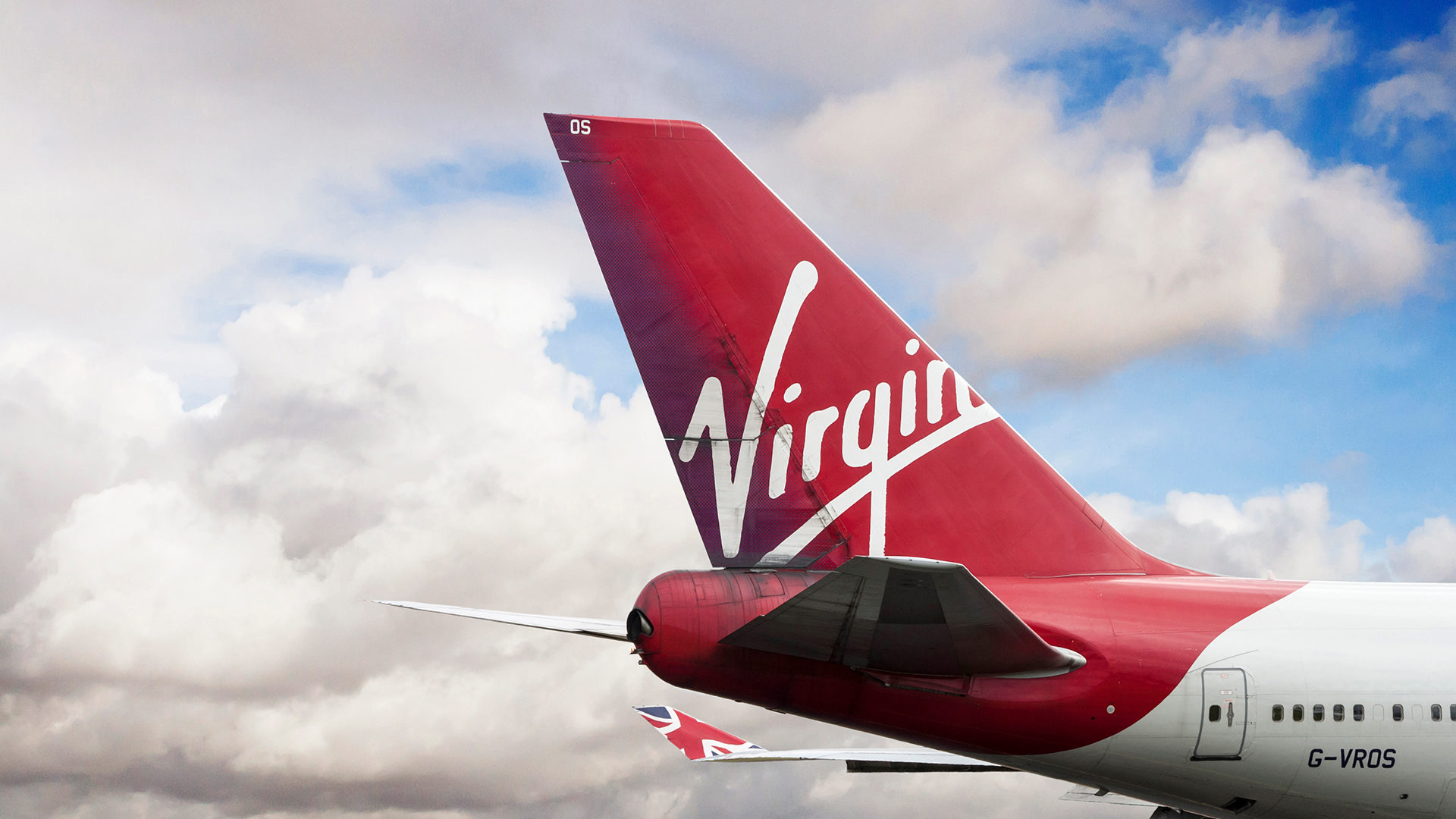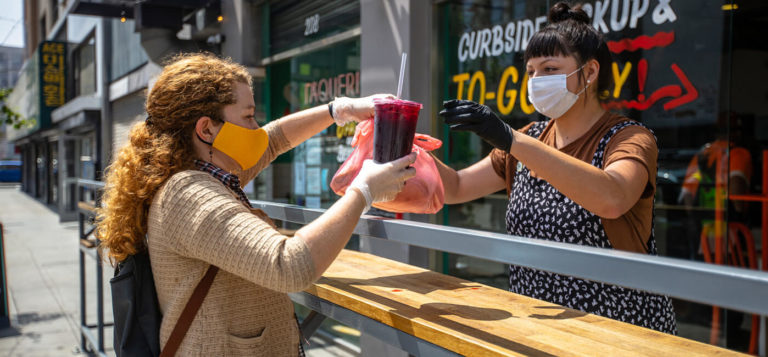GroundTruth recently undertook a quantitative research study into opinions on location-based advertising amongst digital professionals in the UK, which revealed marketers consider it the lynchpin between online and offline behaviours. To delve a little deeper into the findings, we have conducted interviews with a host of industry leaders from brands, agency, consultant and trade body point of view.
In this first interview, we speak to Sohail Khan, Digital Performance Marketing Executive at Virgin Holidays, to get his thoughts on location marketing, and how he has used this to great effect.
What is the primary benefit of location data in advertising?
(71% of respondents believed location data has the ability to provide customer insights that no other channel can)
Location does provide very rich insights that no other media channel can, which as well as helping us deliver very effective campaigns, helps us plan for future campaigns. It gives us hard data to help ensure our thinking and ideas are right. It’s so great when we have the data to support our original ideas.
What role can location play in joining up consumers on and offline experiences?
(87% believe that location marketing can be the lynchpin between online and offline customer behaviour)
People choose Virgin Holidays because we offer incredible experiences. That means we’re not cheap, so we need to give them reassurance. That’s why our high street stores are our best-performing channels.
Our stores provide amazing experiences– with VR rollercoasters, bars and even real seats from a Virgin Atlantic plane. You can’t get those type of experiences on digital alone.
So, it’s very important we drive people into our stores to experience what we offer and location marketing is a fantastic way of doing this.
How have you used location-based mobile campaigns to increase visits to bricks and mortar stores?
(69% of UK digital marketers who have run mobile location-based marketing campaigns have tied performance to offline activity such as store visits)
We work closely with GroundTruth to understand customer shopping habits to inform future campaigns For instance, although we expect our customers to be regularly visiting other premium high street stores, the data can tell us that they’re also actually visiting brands like McDonalds, which can change how we plan our marketing. We even feed the data back to our retail teams to make our marketing work harder.
At what stage of the marketing channel is mobile location targeting most effective?
42% believe mobile location targeting is essential in the awareness stage, 43% in the consideration stage and 40% in the post-sale phase.
Location is great for the top and middle of the funnel. For instance, we are able to reach people on their mobile who are in our stores that are strong in selling cruise holidays, to make them aware we also offer specialist holidays like cruises.
How important is video as a mobile marketing channel?
(Over half (54%) of digital marketers in the UK plan to use mobile video advertising in 2018)
People, especially the millennial generation, now expect video as standard and we use it across all our marketing channels. For the type of holidays we provide, you need very engaging content to truly immerse people in the experiences we offer, which video is perfect for.
What are the key challenges to mobile location-based marketing?
What will really drive location is being able to overlay third party data over it, which is hard to do today. We’re really just at the beginning of the potential of what location can offer brands.





